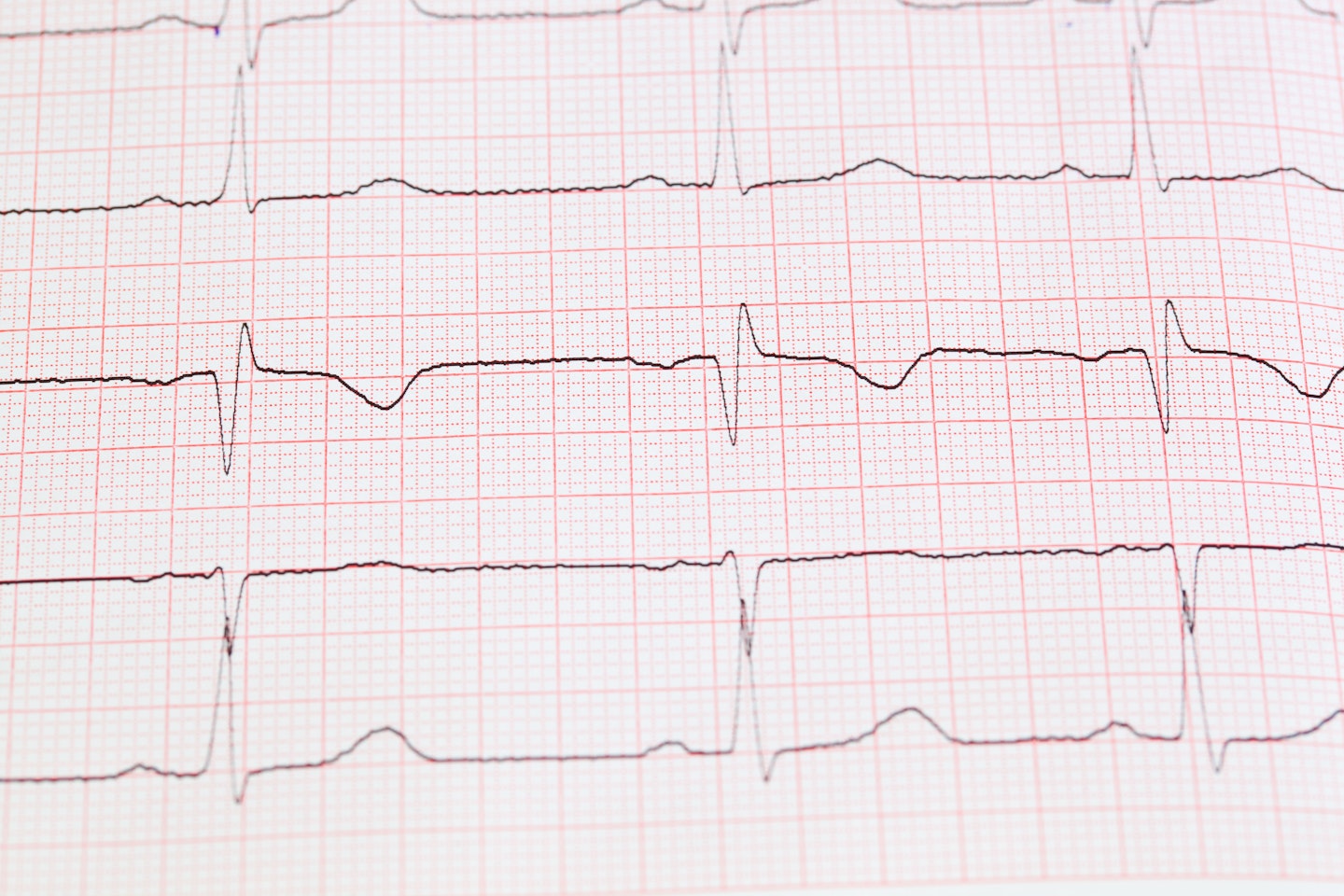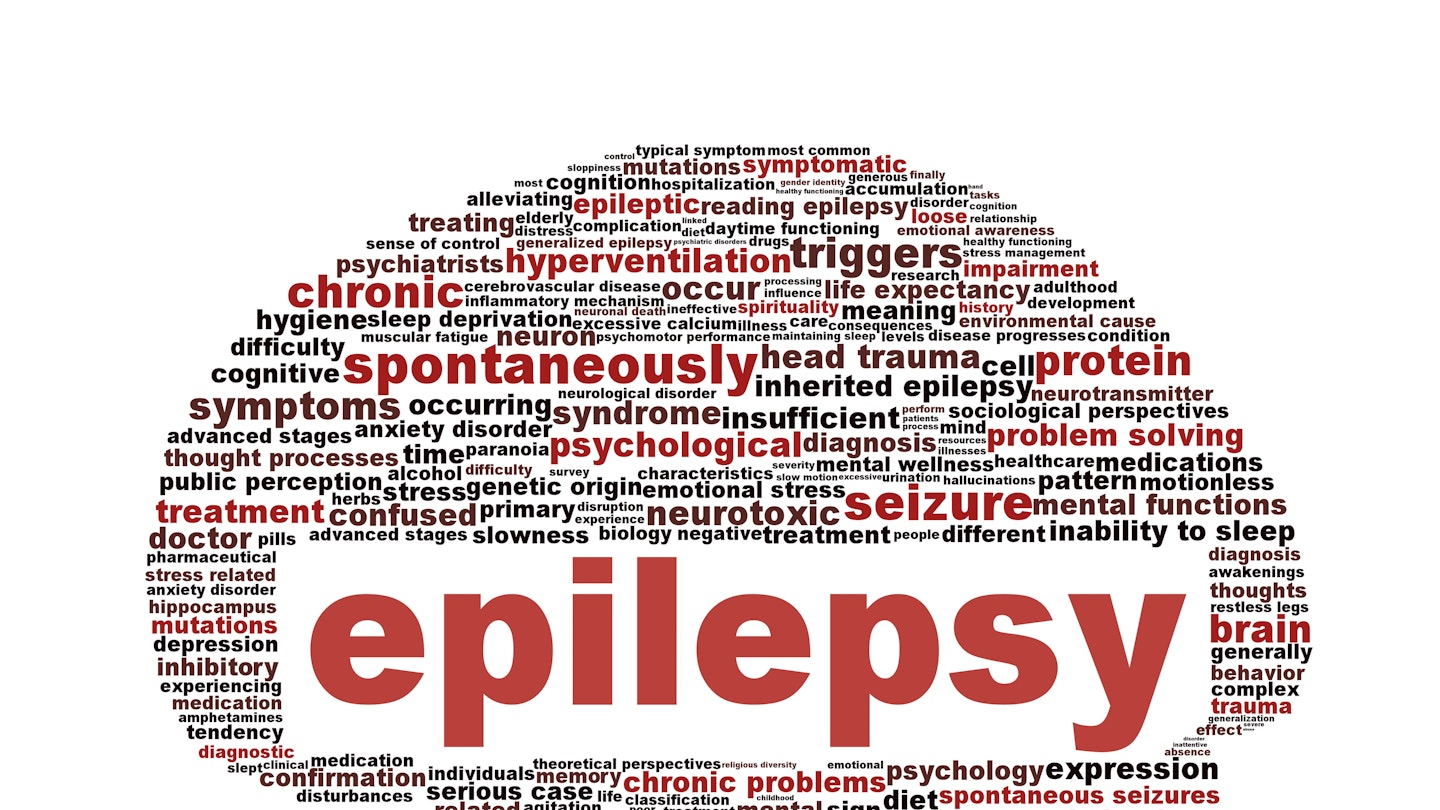Epilepsy Awareness
Epilepsy Action is the UK’s leading organisation that aims to improve the lives of everyone affected by epilepsy. They are a member-led association, led by and represent people with the condition, their friends and families and healthcare professionals.

Recently, the charity ran a national poll to ask how epilepsy affects people with the condition. The poll revealed many people do not feel comfortable talking about their epilepsy for fear of being discriminated against or feeling embarrassed.
People feel more comfortable talking about their epilepsy with family (71%), friends (57%) and healthcare professionals (75%) but less so with employers (33%) and their colleagues (40%).
The top three reasons people gave for not talking about their condition are concerns around a lack of understanding, feeling embarrassed and fear of discrimination from others.
Most worryingly, 75% of people who do not feel comfortable talking with their employer, and are not seizure free, said that they fear they will be discriminated against.
This year, Epilepsy Action is encouraging people across the world to share their stories to help break down the stigma and reduce isolation of those with epilepsy.

What is epilepsy?
In the UK, there are over 600,000 people with epilepsy and it is the most common serious neurological condition in the UK.
Having epilepsy always means that you have a tendency to have epileptic seizures.
It is not necessarily a life-long diagnosis and doctors may consider that you no longer have epilepsy if you go without seizures for a long enough time.
A seizure happens when there is a sudden burst of intense electrical activity in the brain. This is often referred to as epileptic activity. The epileptic activity causes a temporary disruption to the way the brain normally works, so the brain’s messages become mixed up.
What happens to you during a seizure will depend on where in your brain the epileptic activity begins, and how widely and quickly it spreads. For this reason, there are around 40 different types of seizure, and a person may have more than one type, which means everyone will experience epilepsy in a way that is unique to them.

What are the causes of epilepsy?
Epilepsy can affect anyone, at any age and from any walk of life.
Sometimes the reason epilepsy develops is clear. It could be because of brain damage caused by a difficult birth, a severe blow to the head, a stroke, or an infection of the brain such as meningitis.
Very occasionally the cause is a brain tumour.
For around six out of ten people, doctors don’t know the cause of their epilepsy.

How is epilepsy diagnosed?
There isn’t a test that can prove that you do or you don’t have epilepsy.
Tests such as the electroencephalogram (EEG) – which records brainwave patterns - can give doctors useful information.
An epilepsy specialist will look at the information from the test and will ask you what happens before, during and after your seizures. They may ask to speak to someone who has seen your seizures too. Using this information, the expert will make a diagnosis.
It is unusual to be diagnosed with epilepsy after only one seizure.

How do you treat epilepsy?
Epilepsy is usually treated with epilepsy medicines – referred to as anti-epileptic drugs (AEDs).
Epilepsy medicines act on the brain, reducing seizures or stopping them from happening.
If epilepsy medicines don’t work well with you, there are some other treatments that may be helpful. These include brain surgery, vagus nerve stimulation and the ketogenic diet.
For ideas on how to raise awareness and to donate money on Purple Day, click here.
For more information visit Epilepsy Action or call their freephone helpline on 0808 800 5050.
To read more about Epilepsy, try these:
